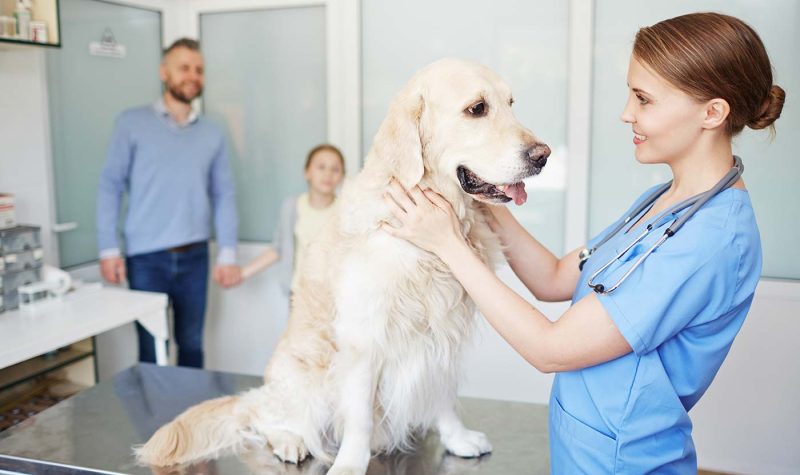Pet Veterinary
Dog Training & Breeding Professionals
Have any questions?
Give us a call
(123) 456-7890

Pet Veterinary
Understanding Pet Veterinary Care: Why Regular Vet Visits Matter for Your Dog’s Health
As dog lovers, we all want our furry companions to live long, healthy, and happy lives. While love, good food, and daily walks go a long way, regular veterinary care plays an equally important role in ensuring your dog stays in top shape. Whether you’re a first-time pet parent or a seasoned dog owner, understanding veterinary care is essential to responsible dog ownership.
What Is Veterinary Care and Why Is It Important?
Veterinary care refers to the professional medical attention provided by licensed veterinarians to keep pets healthy, diagnose illnesses, and treat injuries or diseases. Just like humans need doctors, dogs need veterinarians — not just when they’re sick, but also for routine check-ups, preventive care, and health monitoring throughout their lives.
Dogs can’t tell us when something’s wrong, so regular vet visits are the best way to catch health issues early — before they become serious (and expensive). From vaccinations and parasite control to dental care and dietary advice, veterinarians help us understand our dogs’ needs at every life stage.
Key Aspects of Veterinary Care for Dogs
Routine Health Checkups
Regular veterinary checkups — ideally once or twice a year — help track your dog’s growth, weight, and overall condition. Vets can identify subtle signs of illness that you might miss at home, allowing for early intervention.Vaccinations
Vaccinations protect your dog from potentially deadly diseases such as rabies, parvovirus, distemper, and kennel cough. Puppies usually get a series of shots starting at 6–8 weeks old, followed by boosters in adulthood.Parasite Prevention
Fleas, ticks, and worms are more than just annoyances — they can cause serious health problems. Vets recommend regular preventive treatments to protect your dog from internal and external parasites year-round.Spaying and Neutering
These routine surgical procedures help prevent unwanted litters, reduce the risk of certain cancers, and may even improve behavior in some dogs. Your vet can advise you on the best time to have the procedure done.Dental Care
Dental health is often overlooked, but poor oral hygiene can lead to gum disease, infections, and other systemic health issues. Vets offer professional cleanings and can recommend dental diets or home care routines.Nutrition and Weight Management
Every dog is different — what works for one might not work for another. Vets can help tailor a nutrition plan based on your dog’s age, breed, activity level, and health needs to avoid obesity and related complications.Senior Dog Care
As dogs age, they face unique health challenges such as arthritis, vision loss, and organ issues. Regular vet visits become even more important in helping senior dogs stay comfortable and pain-free.Emergency and Illness Care
Accidents and sudden illnesses can happen to even the healthiest dogs. Having a trusted vet and knowing when to seek emergency care can be the difference between life and death.
Choosing the Right Vet for Your Dog
While your blog isn’t a clinic, it’s still valuable to guide readers in how to choose a good veterinarian. Look for clinics with clean facilities, friendly staff, and vets who are experienced, communicative, and compassionate toward animals. Don’t hesitate to ask questions — a great vet will welcome them.
Veterinary Care Is an Ongoing Commitment
Pet parenting doesn’t stop at feeding and playing — it includes being proactive about your dog’s health. Keeping up with vet visits, following treatment plans, and staying informed about common canine health issues shows your dog just how much you care.
Veterinary care is one of the best investments you can make in your dog’s life. It ensures that those tail wags, wet noses, and happy zoomies last for many years to come.




